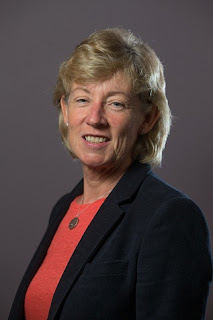If you want to make a healthy sandwich don’t forget you’ll need a healthy filling!

For my Welsh Sport_The Conversation a range of experts share their thoughts on the future of sport in Wales. Rob Baynham , Further Education Sports Coordinator at Colleges Wales , asks whether by focussing on younger or older people we are missing "the bit in the middle". In a conversation around the long-term vision for sport in Wales, creating sustainable change and removing barriers to participation, you could ask what this has got to do with making a healthy sandwich? The aim of this blog is to challenge everyone to think a bit more about the filling or more precisely “the bit in the middle”, in this case 16-19 year-old young people. Many government and Sport Wales initiatives to improve physical activity focus on younger children and early years – which makes a lot of sense. Others promote subsidised or new activity for the elderly – another very credible area for development. However, my question would be: have we previously chosen two nice slices of ...





